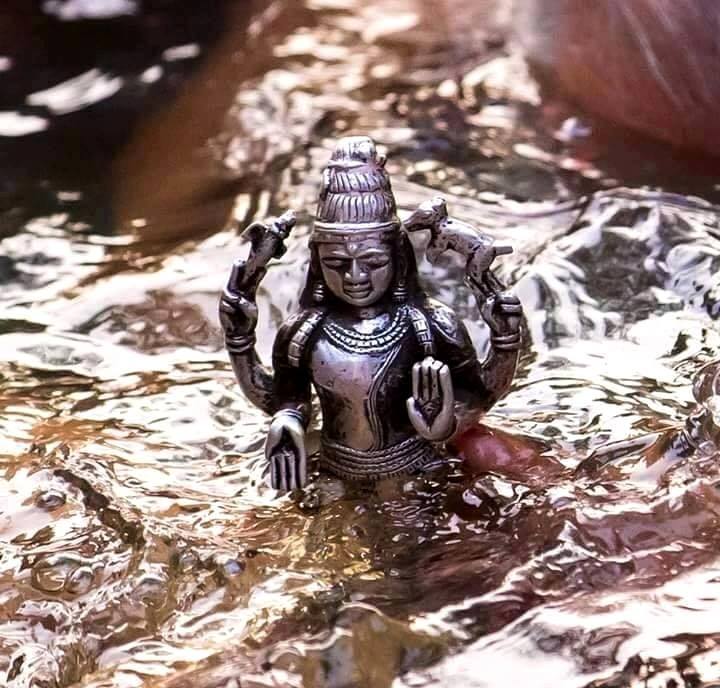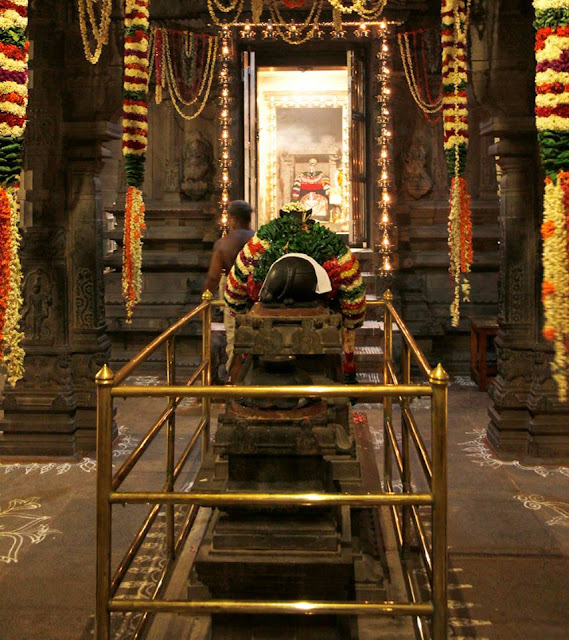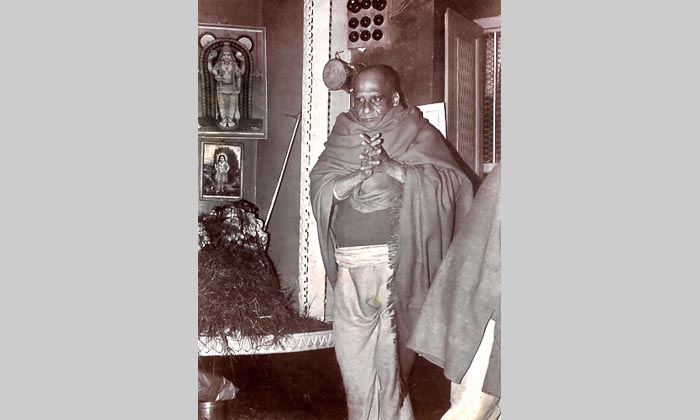The Spiritual Import of the Mahabharata and the Bhagavadgita : Ch - 17.3.

Ch-17.The Vision of God-3. The human element in Arjuna was partially awakened to a curious, inquisitive mood when the glories of God were delineated in the tenth chapter. The great Master, as a divine incarnation, said that all glorious elements, wherever present, are to be adored as His manifestations in one form or the other. The curiosity consists in the desire to visualise this omnipresent form; otherwise it remains merely as a kind of acceptance, and not a vision and an attainment or a possession. Whereas up to this time the gospel went on along the lines of instruction and enlightenment of the reason and the highest individual faculties available, now the religious consciousness gets roused up, which surpasses the rationality of the individual in many respects. The intuitive faculty is to be splashed forth, wherein the individual faculties of perception, cognition, emotion, volition and the like are to be brought together into a totality and a blend, and made to work i...




